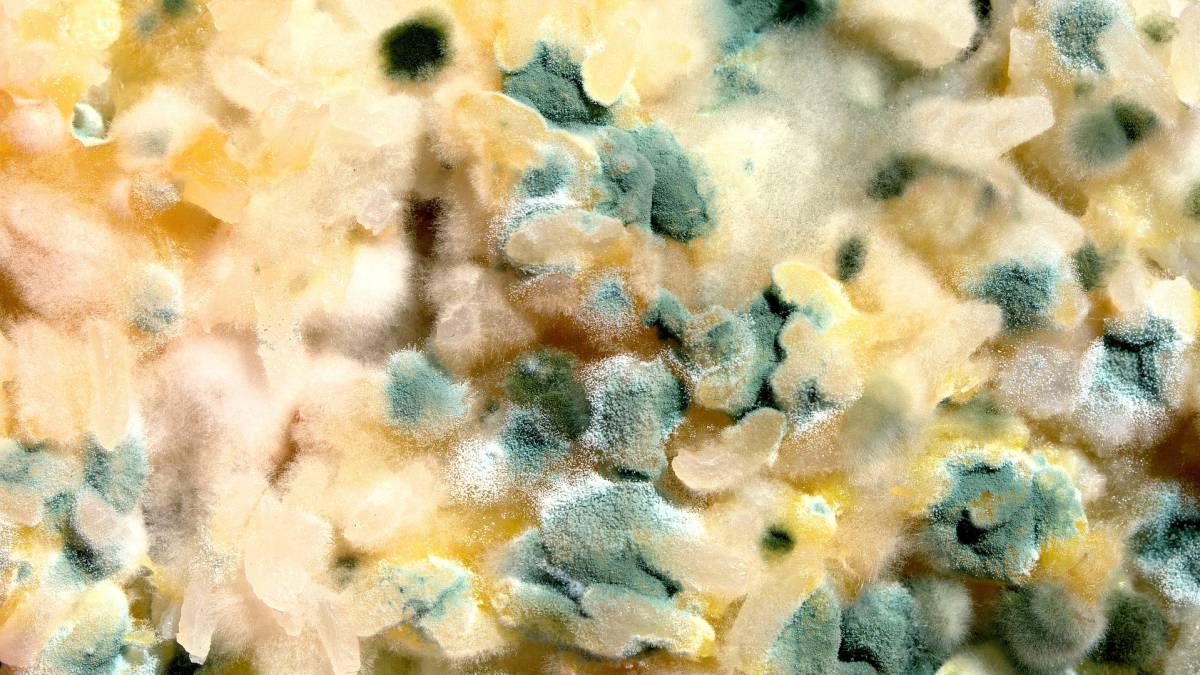Descomponerse is the process of decomposition, in which organic matter is broken down into simpler organic or inorganic matter such as water, carbon dioxide, or methane. This process is essential for recycling the limited resources that our planet has available, and is a crucial part of the global ecosystem. There are four main ways in which food can decompose: composting, anaerobic digestion, vermicomposting, and rot.
Composting is the most common form of decomposing food. It involves mixing organic waste with other materials such as leaves, grass, and manure to create a nutrient-rich soil amendment. The mix is then placed in a compost bin or pile where it will break down over time through the action of microbes. Composting is a great way to reduce the amount of waste going to landfills, and it also produces a valuable product that can be used to improve your garden soil.
Anaerobic digestion is another method of breaking down food waste. In this process, microorganisms break down organic matter in the absence of oxygen. The resulting methane-rich gas can be used to generate electricity or heat, making it a renewable energy source. Anaerobic digestion is often used on large-scale operations, such as wastewater treatment plants, but it can also be done on a smaller scale at home.
Vermicomposting is a type of composting that uses worms to break down organic waste. This method is very efficient at breaking down food scraps and other organic materials, and it produces a nutrient-rich compost that is excellent for use in gardens and farms. Vermicomposting can be done indoors or outdoors, and it is a great way to reduce your food waste while creating a valuable product for your garden.
Rotting is the final method of decomposing food. This process occurs naturally as food breaks down over time. Rotting can be accelerated by adding moisture and heat, which speeds up the activity of decomposing microbes. Rotting is often used to create compost, but it can also produce methane gas that can be used for energy.
- ¿Por qué se descomponen los alimentosbr Descomponerse is the Spanish word for decompose. When we think of decomposing, we often think of something rotting or breaking down into its component parts. When it comes to food, decomposing is a natural process that happens to everything from fruits and vegetables to meat and dairy products.While some foods can decompose quickly, others can take weeks or even months. The time it takes for food to decompose depends on a number of factors, including the type of food, the temperature, and the amount of moisture present.In general, fruits and vegetables decompose more quickly than meat and dairy products. This…
- ¿Cómo se descomponen los alimentosbr Descomponerse is the process of decomposition, which is the breakdown of complex organic matter into simpler organic matter. The process is essential for the recycling of nutrients in ecosystems and for the production of compost, which is used as a natural fertilizer.Organic matter is composed of carbohydrates, fats, proteins, and other biomolecules that are essential for the growth and development of plants and animals. These molecules are broken down by bacteria and fungi through a process of decomposition.The first step in decomposition is called hydrolysis, which breaks down the complex molecules into simpler ones using water. The second step is…
- ¿De qué se alimenta una bacteria ¿De qué se alimenta una bacteria?Bacteria are single-celled microorganisms that are found in virtually every environment on Earth. Bacteria are classified as prokaryotes, which are organisms that have no nuclear membrane or other organelles within their cells. Although most bacteria are harmless, some can cause serious illnesses in humans, animals, and plants.The term "bacteria" comes from the Greek word βακτήριον (bakterion), meaning "staff, cane, or rod", because early scientists observed these microscopic organisms in the shape of rods. The plural form of bacteria is bacterium in Latin and bacteria in Greek.Bacteria are incredibly diverse, with over 10 million different species!…
- ¿Cómo se distribuyen los alimentos que se producen en mi comunidad ¿Cómo se distribuyen los alimentos que se producen en mi comunidad?La forma en que se distribuyen los alimentos que se producen en una comunidad tiene un impacto directo en la calidad y cantidad de comida disponible para todos los residentes. Si bien algunas personas pueden tener acceso a una gran variedad de alimentos, otras pueden estar limitadas a lo que se produce localmente. A menudo, la forma en que se distribuyen los alimentos en una comunidad es determinada por el gobierno o las empresas privadas que controlan la producción y el suministro de alimentos. En muchas comunidades, el acceso a…
- ¿Por qué es importante comer este tipo de alimentos Muchas personas en el mundo pasan hambre. Según la Organización de las Naciones Unidas para la Alimentación y la Agricultura (FAO), 815 millones de personas padecen hambre crónica, es decir, no tienen suficiente comida para llevar una vida saludable. La FAO también estima que, en 2015, 2,3 mil millones de personas sufrían de deficiencias dietéticas, lo que representa aproximadamente un tercio de la población mundial. La mala alimentación es un problema grave en muchas partes del mundo. La mayoría de las personas que padecen hambre crónica viven en países en desarrollo, donde el acceso a los alimentos es limitado. Según…
- ¿Cuál es la mejor manera de cocinar los alimentos para preservar sus nutrientes La cocina es una de las actividades más importantes en la vida diaria. No solo nos permite preparar nuestros propios alimentos, sino que también nos ayuda a mantenernos saludables. Sin embargo, muchas personas no saben cuál es la mejor manera de cocinar los alimentos para preservar sus nutrientes.Existen diversas formas de cocinar los alimentos, y cada una tiene sus propias ventajas y desventajas. Algunas de las formas más comunes de cocinar son la cocción, la fritura, la estofado, la plancha y el horno. Cada una de estas formas de cocinar tiene sus propias características y puede afectar los nutrientes de…
